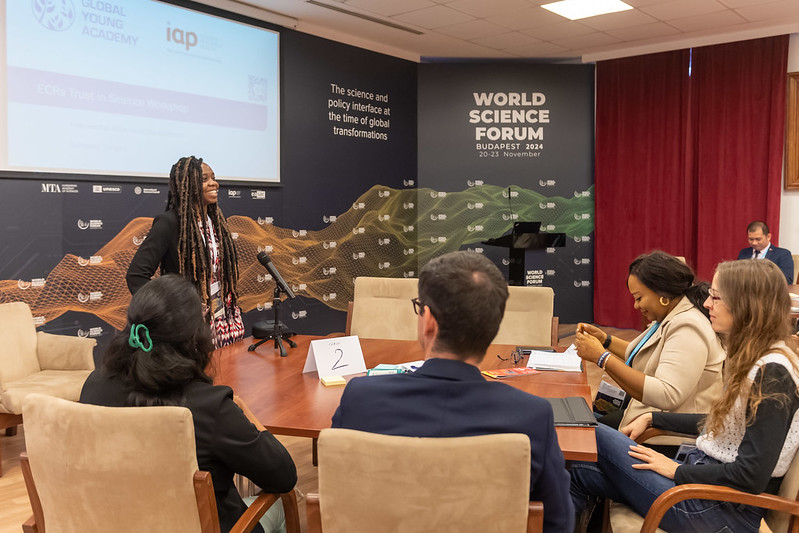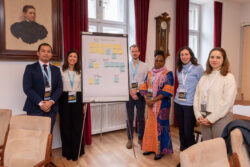
News
Science and the results of researchers’ work are an integral part of our everyday lives.  But are all results equally reliable? We may come across many news items on a daily basis beginning with the same sentence: ‘according to the results of a new study…’ But are the scientific claims we read about always accurate and true? If not, how can we distinguish between the ones that are reliable and the ones that are potentially based on poor methods or are completely fictitious? And if not even the academic community is positive in its judgement, how could the man of the street deal with this doubt?
But are all results equally reliable? We may come across many news items on a daily basis beginning with the same sentence: ‘according to the results of a new study…’ But are the scientific claims we read about always accurate and true? If not, how can we distinguish between the ones that are reliable and the ones that are potentially based on poor methods or are completely fictitious? And if not even the academic community is positive in its judgement, how could the man of the street deal with this doubt?
These were the questions addressed in the workshop organised by the Global Young Academy and the InterAcademy Partnership as a side event to the World Science Forum 2024, to which HYA members were also invited. The event, which was divided into several parts, guided the participants through the identification of possible causes of the loss of trust, interventions that can be made by individual stakeholders, and the responses of the scientific community. In conclusion, the workshop also provided some time for self-reflection.
(Photos by courtesy of the Hungarian Academy of Sciences)